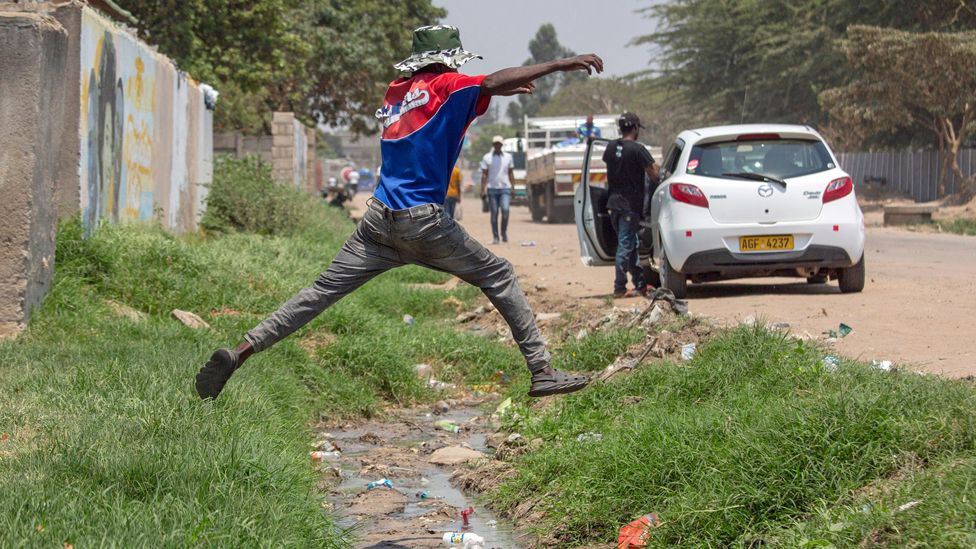-

-
-
Loading

Loading

Zimbabwe is currently facing a major cholera outbreak due to a lack of clean water. The water that does come is often dirty and contaminated, making it easy for cholera to spread in crowded and unsanitary conditions. Cholera is caused by consuming food or water that is contaminated with the bacterium Vibrio cholerae. This disease has had a devastating impact on the country in the past, with over 4,000 people dying from it in 2008-2009 during a time of political and economic crisis. The current outbreak began in February and has since spread to all 10 provinces of the country, especially affecting children. As of October, there have been nearly 6,000 cases and 123 suspected deaths. President Emmerson Mnangagwa has promised to drill boreholes and install solar-powered water points across the country to provide clean drinking water. However, many cities like Harare are still facing water shortages, and residents are resorting to buying bottled water from supermarkets, which is expensive. In areas like Chitungwiza and Mutare, where the infrastructure is not developed enough to meet the needs of an expanding population, the situation is even worse. People have been affected by cholera year after year, and access to clean water is a constant struggle. Social media is filled with cholera alerts, and many residents are unable to wash their hands due to the lack of running water. Cholera can be easily treated with rehydration salts and can be prevented by having access to clean water and proper sanitation facilities. While the number of cholera cases declined from July to August, there has recently been a spike in cases, particularly among women and children. Aid organizations have warned that the situation is far from improving, with many people relying on unsafe water sources for drinking. Critics blame the lack of investment by the government in fresh water supplies and sewage management for the ongoing crisis. With the rainy season approaching, there are concerns that the accumulated dirt and filth will make it difficult to defeat cholera. Residents continue to struggle to keep themselves and their families safe from contaminated water.